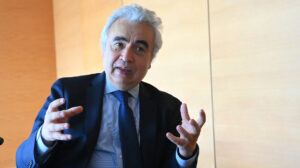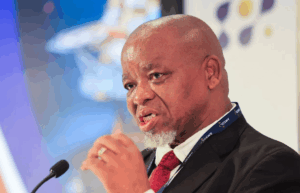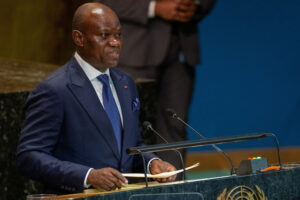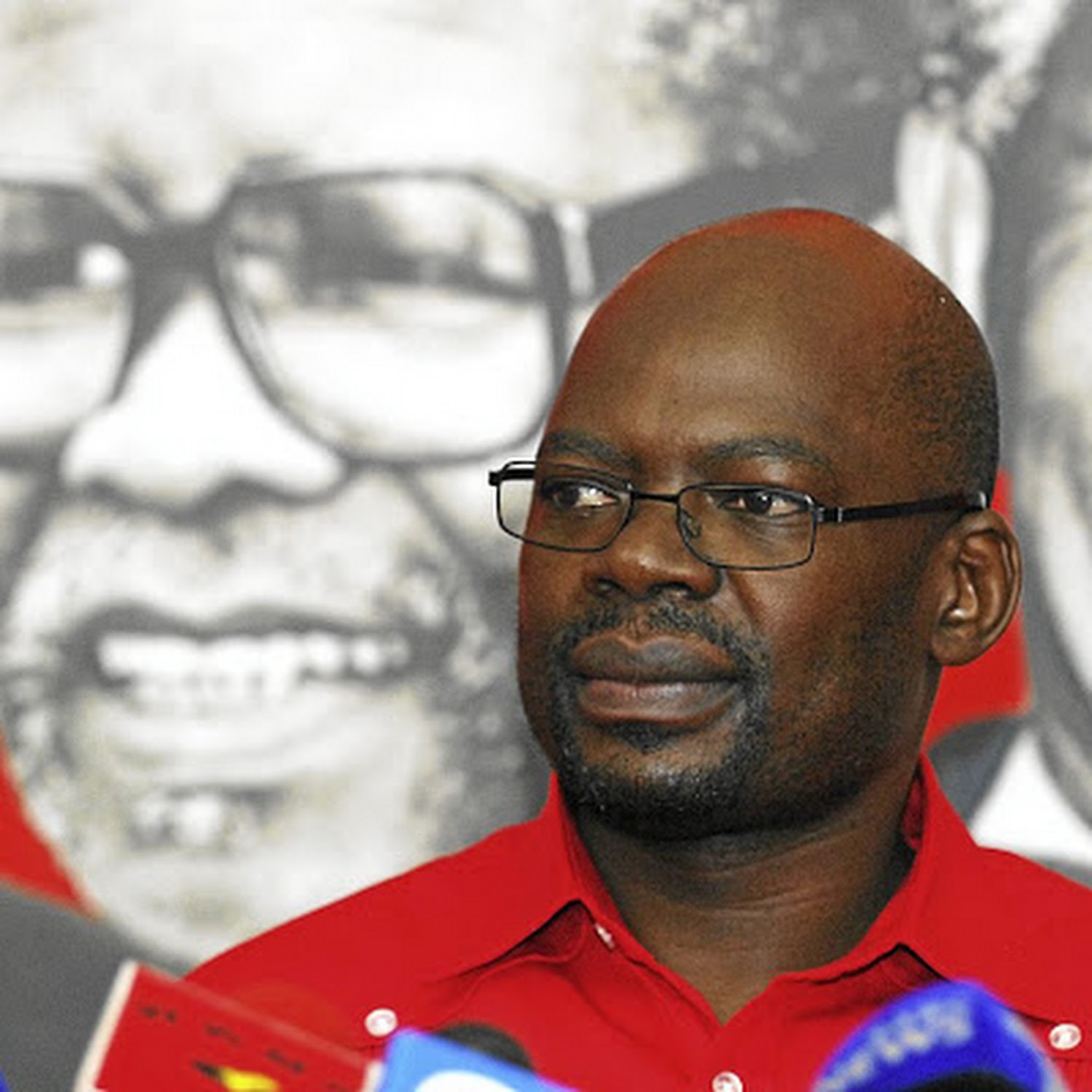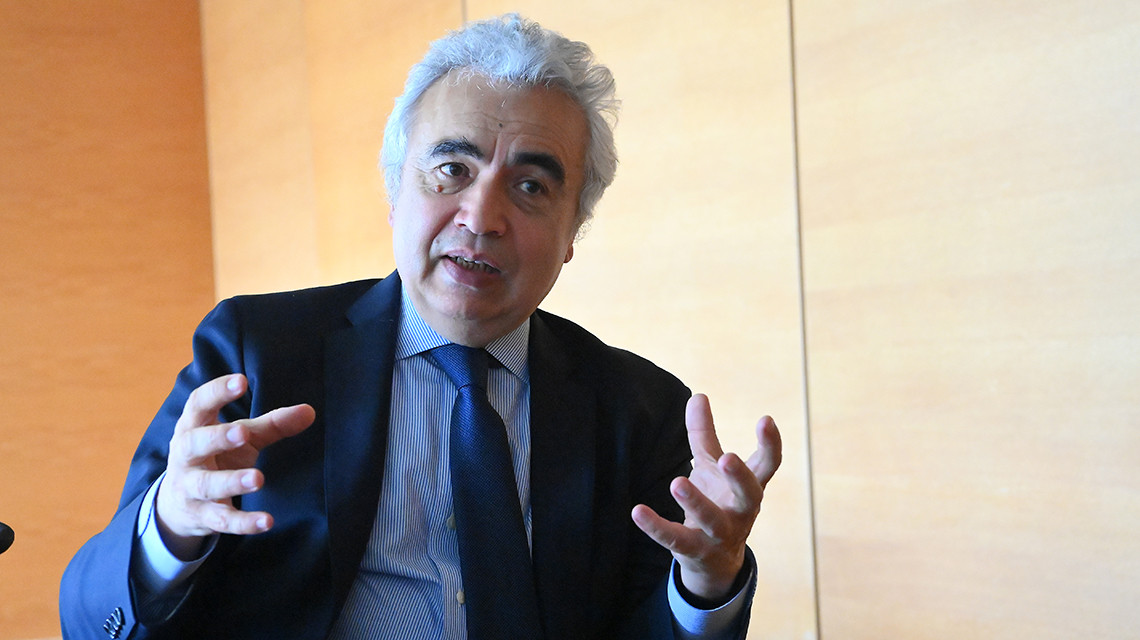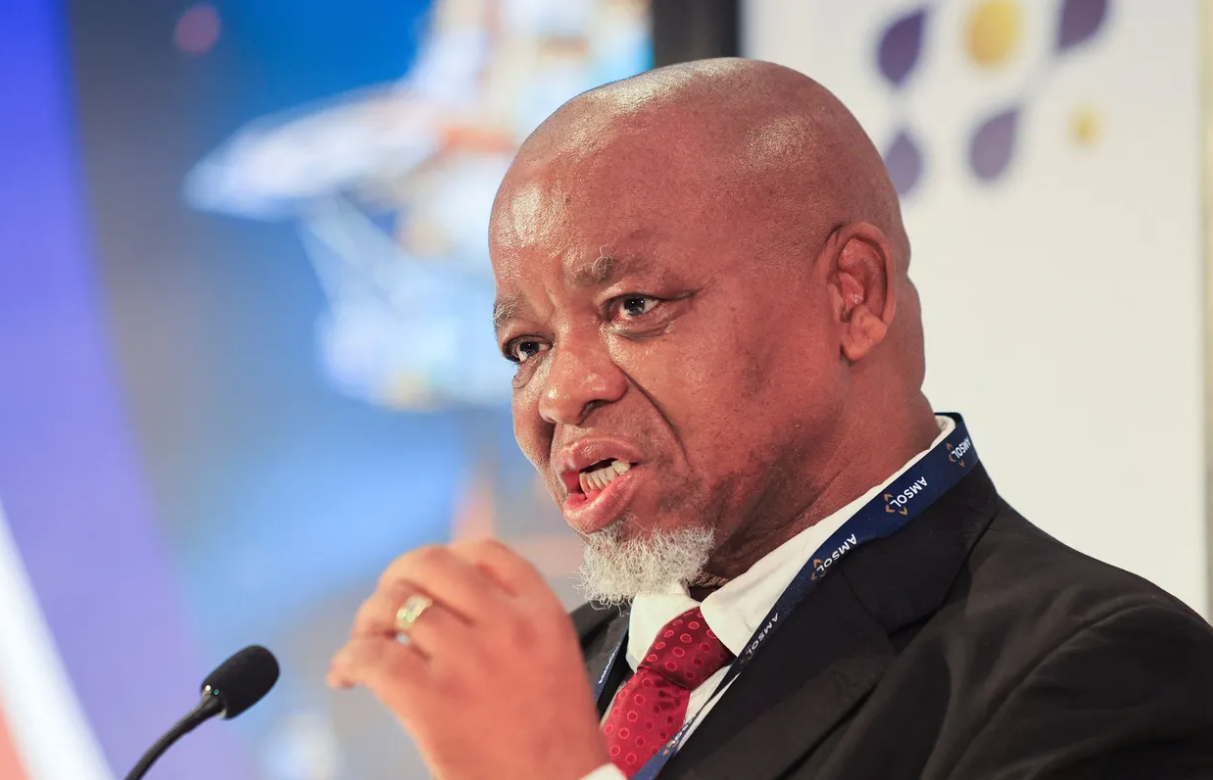Mr. Solly Maphaila, the newly elected General Secretary of the South African Communist Party (SACP), claims that developed nations were responsible for the majority of global emissions, allowing them to accelerate their own industrialisation, and that developed nations should not dictate how the transition to renewable energy should be implemented while South Africa still required baseload energy security.
Maphaila said earlier on Friday on South Africa’s eNCA TV News that it was dishonest for developed nations in Europe and the Americas to import millions of tons of South African coal for their own electricity while simultaneously calling on South Africa to phase out coal-fired power plants. According to Maphaila, South Africa’s coal reserves could power the country for the next 300 years.
Maphaila added that while there was consensus that South Africa contributed to greenhouse gas emissions, the transition to renewable energy should not be rushed and could be achieved while keeping in mind the need to eliminate domestic energy poverty.
ESKOM, The nation’s electricity utility said earlier this week that it would close the Komati coal power station and repurpose it to create renewable energy.
Bloomberg reports that South Africa and Indonesia will receive a combined $1 billion from the Climate Investment Funds to replace some of their coal-fired power plants with renewable energy facilities, part of global efforts to cut planet-warming emissions.
The allocation of $500 million each to the coal-dependent countries will come in the form of “concessional,” or low cost, finance, the World Bank-affiliated fund said in a statement Thursday. The money will come from the CIF’s Accelerating Coal Transition investment program.
In South Africa, the money will be used to close coal-fired electricity stations and replace them with renewable energy plants and battery storage systems, it said.
South Africa is the world’s 13th-biggest producer of greenhouse gases, with 45% of its annual 452 million tons of emissions coming from electricity generation. Indonesia is the 10th-biggest emitter.
Almost all of South Africa’s energy is produced from coal by troubled state power company Eskom Holdings SOC Ltd. and the country suffers from regular blackouts.
“Over the next eight years, South Africa needs $60 billion in investments to effect the transition” away from coal, Barbara Creecy, South Africa’s Minister of Environmental Affairs.
In South Africa alone, the closures funded by the deal will prevent the emission of 71 million tons of carbon dioxide equivalent, the same as taking 14 million gasoline-fueled cars off the road for a year, the CIF said.
The money allocated there is part of a $2.6 billion package being mobilized from public and private sources by the government to help pay for the clean energy transition, it added.
South Africa is also negotiating $8.5 billion in climate finance as part of an agreement with the US, UK, Germany, France and the European Union known as the Just Energy Transition Partnership.
In Indonesia, CIF will work with state power provider PT Perusahaan Listrik Negara and private companies to accelerate the closure of 2,000 megawatts of coal-fired generation in five to 10 years and explore how that capacity can be replaced.



